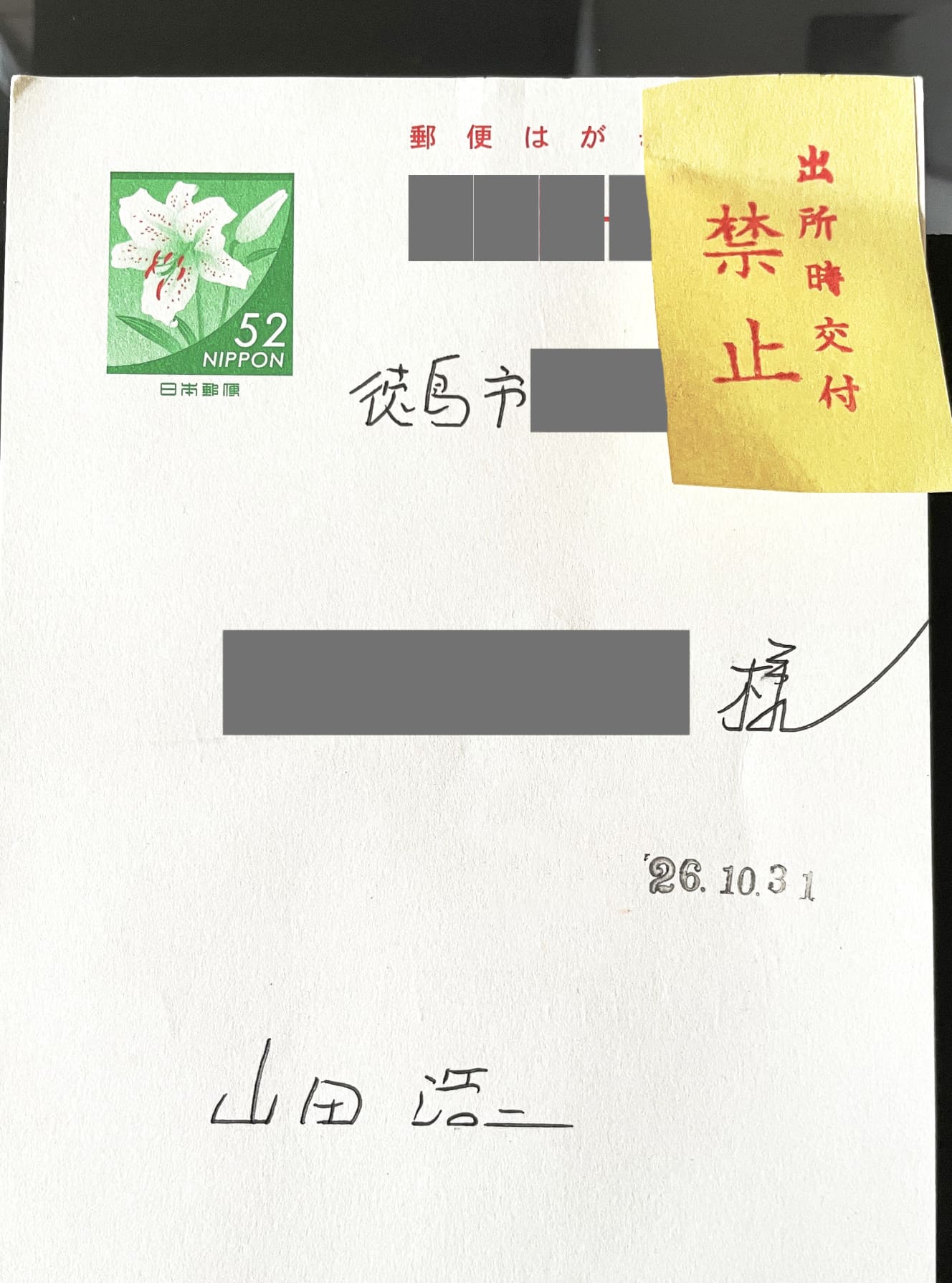Death Penalty Confirmed…The Murderers of Neyagawa Junior High School Boy and Girl Tell Us Why They Withdrew Their Appeals
Six years after the murder of a first-year junior high school student in Neyagawa, the death penalty has finally been decided.
It has been almost six years since the horrific murders of a man and a woman in the first year of junior high school in Neyagawa, Osaka. Koji Yamada, 51, who had been charged with murder, has finally been sentenced to death.

Yamada, who grew up in a public housing complex in Hirakata City, has lived a life filled with abnormal sexual urges. In 2002, at the age of 31, he was arrested on charges of robbery and confinement of a junior high school boy, and was imprisoned for 12 years after it was discovered that he had confined two 17-year-old boys, causing burns to their faces.
Hiroyuki Miyauchi (pseudonym, in his 40s), a fellow ex-prisoner who lived in the same cell in Tokushima Prison, describes Yamada’s personality.
“He used to say, ‘Small children are like younger sisters and brothers, they are fun to be with, and they are also cute,’ so everyone knew that he was a pedophile. He was a cheater when it came to his fellow inmates. He would instantly judge who was the strongest, and he would rub elbows with those who were no match for him, and he would be overbearing to those who were weak. He was also famous as a ‘cheater’ who would tell the guards about problems between inmates.
There were thirteen “factories” in Tokushima Prison, where inmates were engaged in prison work such as sewing clothes and making wooden furniture. Mr. Miyauchi was the chief of Factory No. 12, which sewed children’s clothing, and gave advice to Yamada and other inmates and inspected their products.
“The cell was about 12 tatami mats in size, with a capacity of six to eight people. There was a toilet and washroom in the corner of the cell. Whenever he returned to his cell after work at the factory, he would masturbate. The secret word for masturbation was “Atari,” and every day he would carry an erotic book and say, “I’m going to Atari. The upper part of the toilet was made of an acrylic sheet that was opaque but you could see through it.
In conversations with Yamada, the topic of how to shorten his sentence often came up. Yamada was sentenced to death by the Osaka District Court in the first trial in December 2006, and appealed on the same day, but suddenly withdrew the appeal in May 2007. However, in May 2007, he suddenly withdrew his appeal, reportedly because he had a problem with a prison guard and panicked. However, Mr. Miyauchi asserts that the real reason was something else.
“When he was in Tokushima Prison, he was often pardoned for his crimes. When I was in Tokushima Prison, he would often say this. Even if you are sentenced to death, you can appeal the sentence. Even if he was sentenced to death, his sentence would not be finalized if he appealed. So I think he suddenly withdrew it after the change of the name to Reirei on May 1, ’19.
In fact, the pardon took place in October 2007, and 550,000 people were eligible, but those sentenced to imprisonment or imprisonment were excluded out of consideration for the victims of crime. The last time a death row inmate was pardoned by decree was in 1952, when the San Francisco Peace Treaty came into effect. After that, Yamada’s inexplicable behavior continued, such as seeking to invalidate the withdrawal of his appeal and then withdrawing it again, but in the end, on August 25 this year, the defense’s special appeal was dismissed and Yamada’s death sentence was confirmed.
In the end, however, on August 25, this year, the special appeal by the defense was dismissed and Yamada was sentenced to death. “I’m sure he will try to postpone the execution of his sentence by repeatedly requesting a retrial. I’m sure he’ll try to postpone his execution.
If the withdrawal of the appeal was really an attempt to get a pardon, it is too selfish a reason. When will he face up to his crimes and truly reflect on his life?



From the September 24, 2021 issue of FRIDAY.
PHOTO: Takashi Yoshida (4th to 5th):
